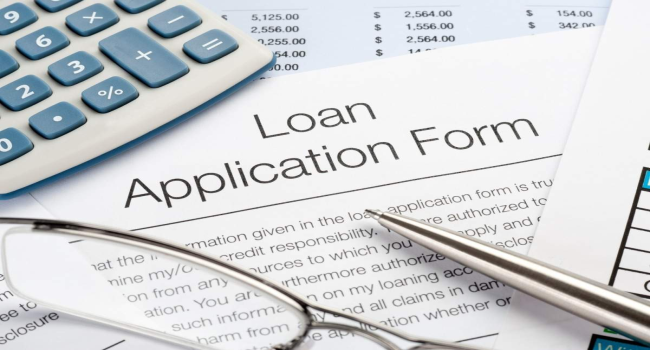PSBs start offering loans based on customers’ risk profile
Bank of Baroda, Union Bank of India and Syndicate Bank — three public-sector lenders have taken steps in transparently segregating retail loans into their own versions of prime and subprime risk exposure, using third-party credit scores of potential borrowers to offer them different home-financing rates.
Bank of Baroda, for e.g., under the new external benchmarking regime will be using three credit score slabs from the Credit Information Bureau (India) Ltd (Cibil) in order to price new home loans. Customers with high credit score, defined in excess of 760 out of a maximum 900, will pay 1% lower interest compared with those reporting scores in 675-724 range — the lowest score slab at which loans will be offered.
Customers logging scores above 760 will now pay 8.1% on new loans at Bank of Baroda, while those in the third slab will pay 9.1%. The cost of financing for those falling in the middle, with credit scores between 725 and 759, will be 8.35%. These floating rate loans at Bank of Baroda are linked to an external benchmark, and the interest rate would not depend upon either the quantum or duration of loans. All three lenders will use credit scores provided by Cibil.
With the RBI now allowing high-street banks to charge a credit risk premium over external benchmarks to compute effective interest rate, credit scores of borrowers are expected to become even more crucial in determining retail mortgage costs.

